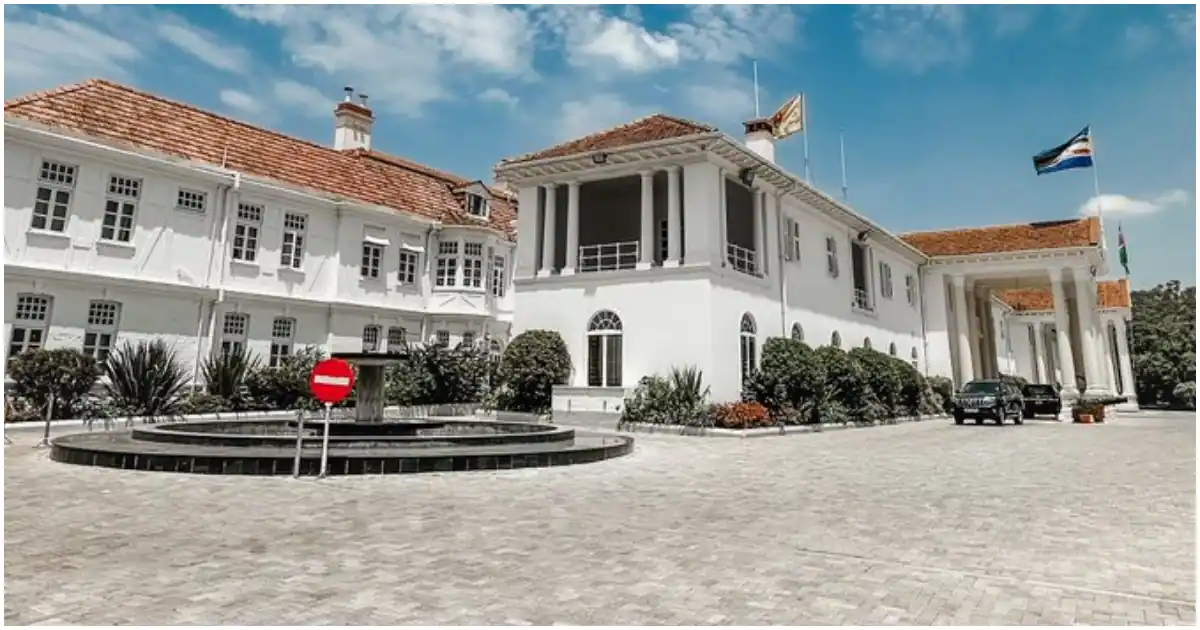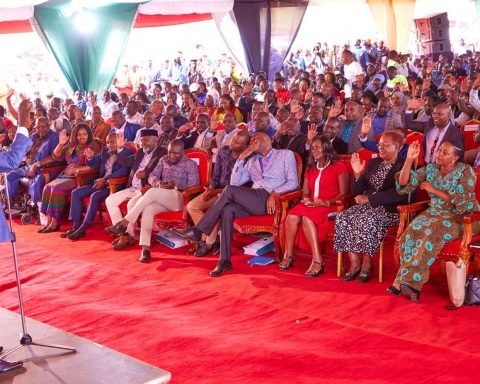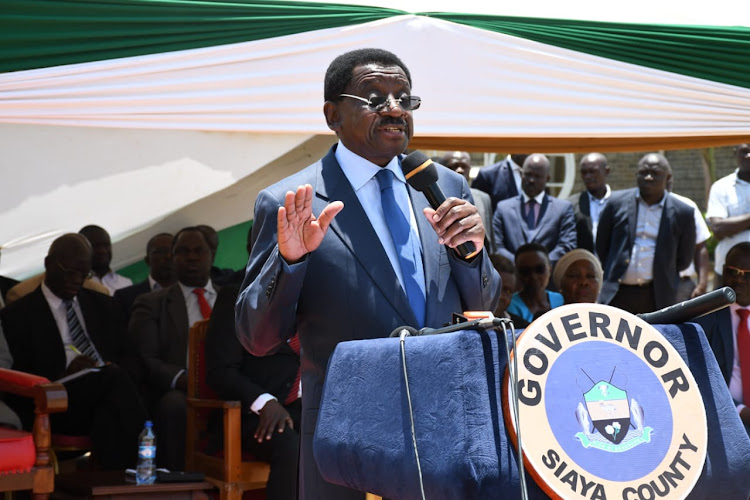’41 Against 1′ was a mantra the Kikuyu coined post-2007 to justify their hanging on to power after Kibaki was defeated.
Throughout the 2007 election, not a single time do you find the mantra either on the ODM side or on the PNU side. I challenge anyone to dispute my assertions above. Share any print or broadcast material in the run-up to and voting day of that election, of a vocalized speech, or, text, purveying ’41 against 1′, and, or, repudiating the same.
’41 against 1′ was, therefore, a well-manufactured post-election mythical narrative to assauge the hurt feelings of Kikuyus, in particular, and Mt. Kenya folks, in general, that their hanging on to power, and so-called ‘retaliatory attacks’ in the post-election environment, were both morally and politically justifiable.
Madoadoa existed though, and in Migori, those who contested against John Pesa, like Owino Likowa, or Owino Achola, or advocate Okong’o; were labeled ‘madoadoa’ when the party ticket had gone to Pesa. What happened is that after the ODM primaries, or nomination, some returned with other parties for the general election. They were branded madoadoa, and condemned to the ash heap of communal history. Yet, later on, even Madoadoa assumed a new meaning, to allegedly refer to other ethnic communities in ODM zones.
Like ’41 against 1′, this too was another creation of the Mt. Kenya propaganda machine as ICC pitched camp here. These narratives became mainstream because Mt. Kenya – using the media – controlled the national narrative. They had retained power and were massively using the instruments of the state to concoct a palatable and believable story for the international community aimed at legitimizing vote thief Mwai Kibaki (now dead) then still viewed as a pariah.
The Luo political elite, headed by Raila Odinga, who was now known as ‘Rt. Hon. Prime Minister’, as usual, had conveniently moved on. I will return to this at more freer time…![]()
***
Throughout Kenya’s history, the Kikuyu usually create ‘myths’ to pool their people together.
At an earlier time, there was another myth: that if Jaramogi ascended to power, he would make Kikuyu men wear short trousers.
***
When Uhuru shook hands with Raila, suddenly ‘bad economy’ became another ‘myth’ the Kikuyu created as a grievance against Uhuru. This was their cover to reject handshake. Or, put simply, to reject Raila.
This ‘bad economy’ starts almost immediately with the shaking of hands. Between Uhuru’s swearing-in for a second term (after a repeat poll) and the handshake in March 2018, not a single Kikuyu anywhere pointed a finger at Uhuru for running down the country.
Heck, they’d just voted him back to power, almost to a man (and woman).
Was economy good in February 2018? Or December 2017? Or between 2013 and 2017? If so, why was everyone striking? Doctors and nurses, teachers and lecturers, civil servants and all?
***
The handshake happened in March, when the government was implementing the 2017/18 budget, which was won in a partisan parliament with Kimani Ichungwah as Budget Chair, Henry Rotich as Treasury CS, Kamau Thugge as Treasury PS, and JB Muturi as Speaker.
In June/July of 2018, another budget would be read with Ichungwah still budget chair and Rotich as Treasury CS, Thugge as PS, and JB Muturi as Speaker. One more budget, the 2019/2020 would be read by the group before Rotich and Thugge were felled by corruption and Ichungwah exited for political convenience. Muturi stayed till the end.
By the time Rotich and this groupie left, public debt was at Ksh 5.1 trillion.
A new CS, Ukur Yattani, who came in at the tail end of the FY 2019/2020, read the 2020/21 budget (read in June 2020), the 2021/22 budget (read in June 2021), and the 2022/23 budget (read in June 2022) and only implemented for two months by the outgoing regime before the August 2022 elections.
When you study Yattani budgets, they coincide with the Coronavirus pandemic, which led to massive adjustments in social expenditure spending to focus primarily on public health and public order imperatives as a national response to the worst pandemic in a lifetime.
Both Rotich and Yattani were thieves. Both stole for the regime. The only difference is that Rotich stole at a time of plenty, with Ruto still a key beneficiary of the malfeasance, alongside Uhuru. Yattani stole when the world was locked down and Ruto was away.
***
My last thoughts on ’41 against 1′, ‘madoadoa’, ‘wearing trousers‘, ‘kimundu’, ‘muguruki’ and other myths.
Whereas I do not necessarily quarrel with Kikuyu political elites for using whatever insidious means to hold their people at ransom, thus benefit from ‘herd voting’, it is still a terrible thing to make your people entirely believe that some other Kenyans are not worth anything, because history has proven that the most dangerous creation of any society is the man with nothing to lose.
We are trying to forge a country here. We need each other. Donge?












